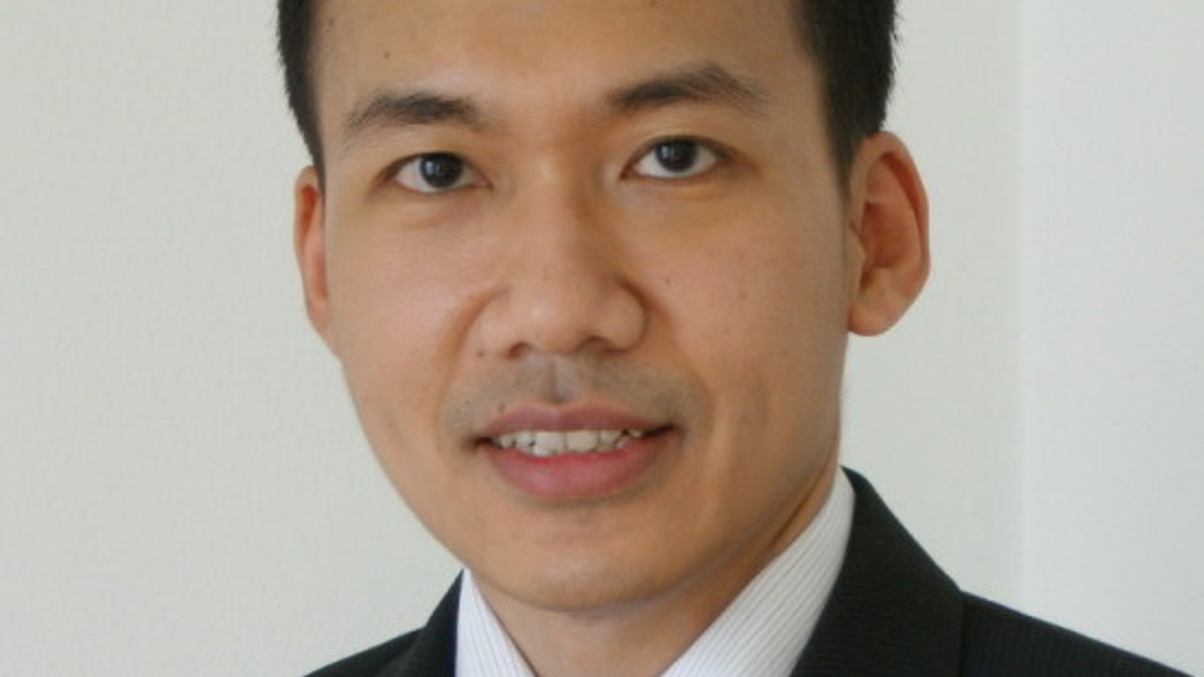Thailand’s Social Security Office awards global mandate
The $28 billion institution has chosen which firms will manage $200 million of its international portfolio. It will award mandates for another $400 million in 2012.

Having invited bids earlier this year for mandates totalling $600 million for its first global equity and property investments, Thailand’s Social Security Office (SSO) has named one local firm and three foreign houses to manage $200 million of the portfolio.
Sign in to read on!
Registered users get 2 free articles in 30 days.
Subscribers have full unlimited access to AsianInvestor
Not signed up? New users get 2 free articles per month, plus a 7-day unlimited free trial.
¬ Haymarket Media Limited. All rights reserved.


